Second Mortgage
You could receive your loan in as little as 3 days!
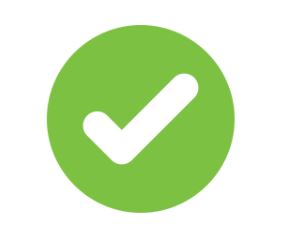
Borrow up to £250,000

Flexible terms from 3-25 years

We consider all credit histories

Employed, self employed, pension and benefit income

We're a direct lender, so there are no hidden broker fees

Representative Example: A secured loan of £37,000 payable over 9 years on a fixed rate of 10.61% for the first 5 years, followed by a variable rate, currently 12.19%, would require 60 monthly payments of £569.20 followed by 48 monthly payments of £586.29. The total amount repayable would be £62,293.92, this includes interest, an arrangement fee of £1,998 and a processing fee of £499. The overall cost for comparison is 13.4% APRC representative.
How it works
Organising your finances can sometimes feel stressful, but we want to make it as easy as possible for you.
In just 3 simple steps you could have the money in your bank account. All you need to do is:
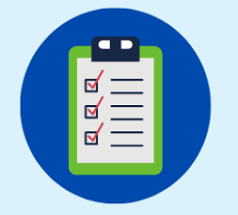
1: Enquire
Complete our quick and easy online enquiry form. Alternatively, you can speak to an advisor instantly by calling us or starting a live chat.

2: Your details
One of our qualified advisors will call you to discuss your enquiry and work out a monthly payment that meets your needs and circumstances.

3: We'll do the rest
We'll help you complete the paperwork and any other supporting documentation required.
What do our customers say?
You can relax knowing you’re working with a highly rated team. But don’t just take our word for it, visit our website and read our reviews – they speak for themselves.
What is a second mortgage?
A second mortgage lets you borrow money using your home as security.
A second mortgage loan is an extra loan that runs alongside your existing mortgage, and the amount you can borrow will depend on the level of equity in your property. Because your home is used as security, it is very important to make sure that you can comfortably afford to repay the loan.
By using your home as security, lenders can be more flexible about who they lend money to, and how much you can borrow. This means that you may be able to borrow more money, get a lower interest rate, or even overcome a bad credit history. As good as this sounds, it is important to remember that second mortgage loans use your home as security, so it could be repossessed if you do not repay the loan.
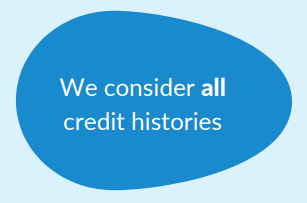
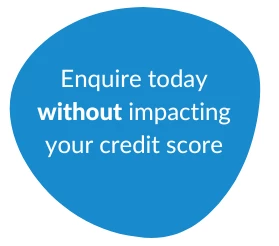
Can I get a second mortgage with bad credit?
As well as helping people with good credit, second mortgages can also be a great way for people with adverse, poor or even bad credit histories to get a loan.
If you have a mortgage but are finding it hard to get a loan, we may be able to help.
At Central Trust, we consider applications from people who may be experiencing credit issues such as missed payments, debt management plans, CCJ’s or defaults. Like all good lenders, we do carry out a credit check, but we have a team of experienced people that will consider each and every application on its own individual basis. This means that whatever credit circumstances you may currently be experiencing, we will do our utmost to help you secure a second mortgage regardless of your credit report!
Why choose Central Trust?

35 years' experience
We are one of the UK's longest established specialist lenders trading since 1988 giving us over 35 years' experience providing secured loans, homeowner loans and second mortgages.

Simple application process
You can call our team directly on 0800 980 6273 (Mon-Fri:8:00am-7:00pm) or you can enquire online at any time using our quick and easy online form.
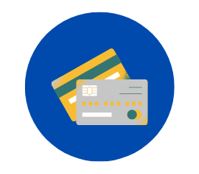
All credit considered
We understand that life happens and there's more to your story than your credit score or recent pay slip. So if you have a less than perfect credit score we could still help.
What’s the different between a second mortgage and re-mortgaging?
Remortgaging is when you switch your existing mortgage for a new one. A second mortgage is an additional loan taken out against your home that runs alongside your first mortgage.
When you remortgage, it could be with either your current lender or with a brand new lender. You would usually remortgage if you can get a lower interest rate, but some people also remortgage their home for a larger amount, as a way to borrow extra money.
If you borrow extra money by adding it to your first mortgage, you are likely to get a good interest rate, but the long repayment term may mean you repay more interest in total. You might also need to pay an early repayment charge on your existing mortgage.
A remortgage can also take a long time to complete, just like a first mortgage. So, if you need to borrow money quickly, a second mortgage may be a better option because they can be quicker to complete. We have been able to help customers complete a second mortgage in the UK in as little as two weeks!
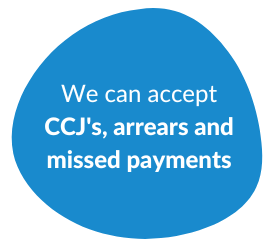
Case studies
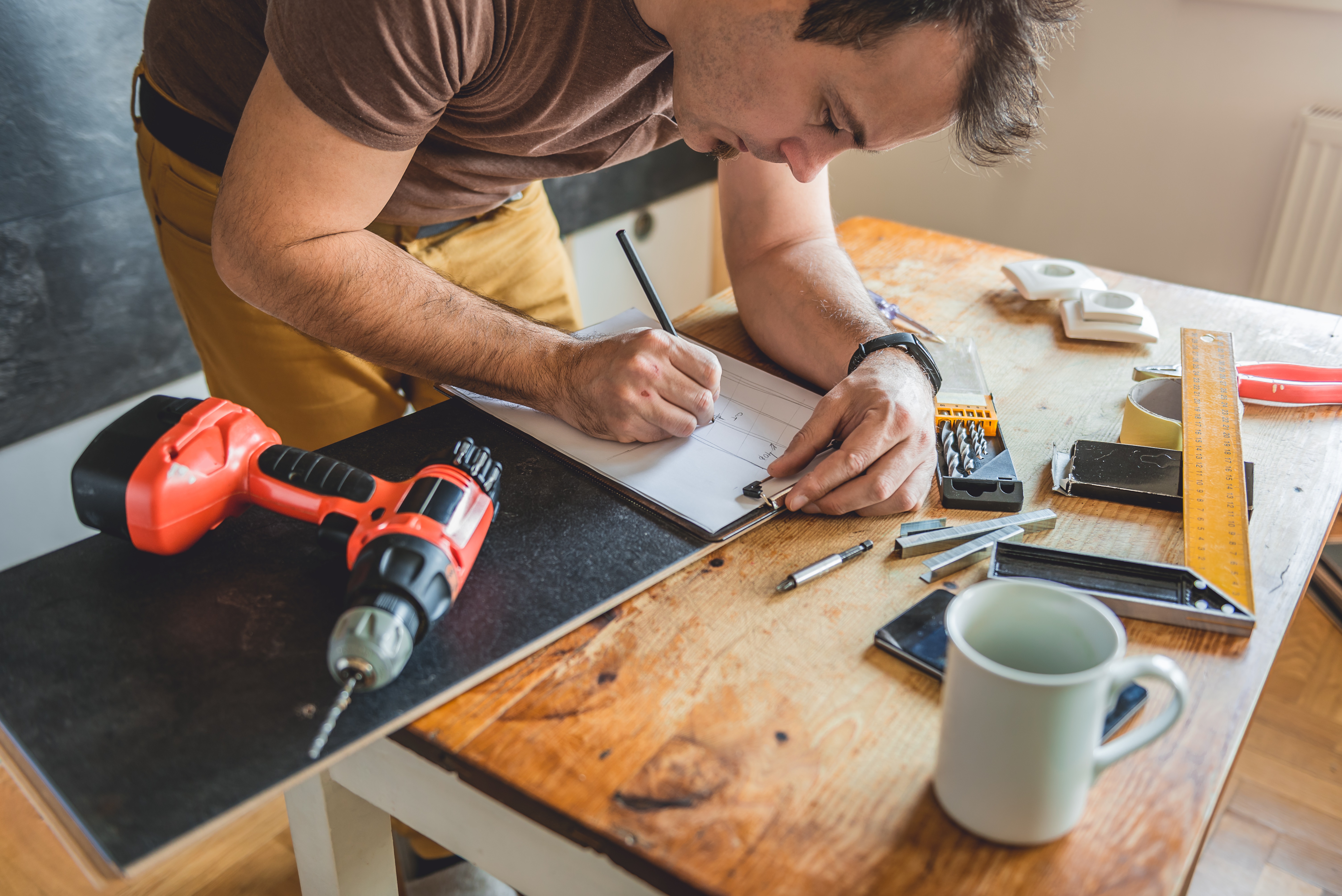
Home improvement loan
For an applicant with poor credit history.

Secured loan
For a self-employed client with limited trading history.

Debt consolidation loan
For an applicant with multiple lines of credit.

Interest rates for second mortgages
The interest rate of your second mortgage will depend on the amount of money that you want to borrow, the repayment term, and other factors such as your credit history.
We can provide loans up to £250,000, and we are more flexible than most money lenders when it comes to your credit score. We will always try to get you the best interest rate possible and will only ever recommend a loan that suits your needs, and that you can afford to repay.
Find out what rate you could get and how to get a second mortgage loan - enquire below for a free, no obligation quote.
How do I calculate how much equity is in my home?
The equity in your home is simply the value of your home, minus the amount you owe on the first mortgage.
For example, if your home is worth £250,000 and there’s £100,000 left on the mortgage, you’ll have £150,000 in equity. You may not know the exact figures, but it’s best to have rough idea how much equity you have – that way you know whether the amount you want to borrow is realistic or not.
But don’t worry – you do not need to know the exact figures when you apply, we provide a completely free valuation service for you as part of the second mortgage application process!


Is a second mortgage risky?
All loans have risks if you don’t repay them
But, a second mortgage uses your home as security, which means that it could be repossessed if you don’t repay the loan.
This is why it is important to make sure that the monthly repayments of the loan are affordable, and to budget properly. Like all loans, missed payments may be recorded in your credit history, even if they do not result in repossession!

Ready to enquire?
Talk to our qualified mortgage experts
![]()
Friendly UK based advisors

Enquiring won't affect your credit rating

Fast turnaround times 7-10 days is possible

No phone menus - immediate contact from our advisors

We are a direct lender, so we'll work with you from start to finish
FAQ's
When you’re applying for a second mortgage, lenders will look at how much equity you have in your home.
The more equity in your home, the more you may be able to borrow. A larger amount of equity may also help you get a lower interest rate, or to overcome previous issues with your credit history.
Interest rates for a second mortgage will usually be higher than for your first mortgage.
But a second mortgage will usually be repaid over a shorter period of time, and the amount you borrow is usually much less. So even if the interest rate is higher, you may repay less interest in total than with your first mortgage. The most important thing is to make certain that your monthly repayments are affordable. The amount you repay each month will depend on the amount you borrow, the interest rate, and how long you borrow the money for i.e. the length of the repayment period.
Our second mortgage rates vary based on your needs and circumstances and we offer repayment periods from 3 years up to a maximum of 25 years. But before we recommend the best second mortgage for you, we will always make sure it will suit your budget, and that the monthly repayments are comfortable and affordable.
To get a second mortgage you must either have an existing mortgage, or own your property outright.
The amount of money you can borrow will depend mostly on how much equity is in your property, and the amount that you can afford to repay. Credit history will also be taken into account, but second mortgage lenders can usually be more flexible with credit history, because the loan uses your home as security.
This sounds good, but it is essential to make sure that you can afford the repayments, because your home will be at risk if you can’t.
You can use a second mortgage to pay for anything legal! But most people use them to pay for things like home improvements and debt consolidation.
But you must remember, consolidating debts like personal loans and credit cards, means you’ll be switching from unsecured debts to a debt that will put your home at risk of repossession. Also, even though your monthly payment may be lower, a second mortgage can run up to 25 years, so you may end up repaying more money in total.
Our team of experts will discuss your needs and circumstances, and make sure any loan they recommend is the very best option for you.
It depends on the type of mortgages you have, but there will usually be a solution that won’t stop you from moving house.
Depending on the house values involved, you may be able to repay both mortgages when you sell your property. This would allow you to take out a single mortgage on the new property. It’s important to consider early repayment charges in this situation, so make sure you have all the information before making any decisions.
If your first and second mortgages are ‘portable’, you will be able to transfer both of them to your new home, without needing to change to new lenders. However our second mortgages are not portable.
Yes. You can use a second mortgage to start a business, or to grow your existing business, but you should consider all of your options first.
We’re all for people following their dreams and ambitions, but before you secure a loan against your property, make sure you consider everything:
- How much money do you need to start or invest in your business? Will a second mortgage definitely cover it?
- How profitable will your business be in the long-term? If it doesn’t work out, you will still need to repay your second mortgage, or risk losing your home.
- Once you start your business, will the cash flow allow you to cover both mortgage repayments? Remember, you’ll have two to cover now…
We won’t be able to answer these questions for you, so make sure you consider everything before committing.
At Central Trust, we can provide loans for existing businesses, however we cannot provide loans to new start-ups.